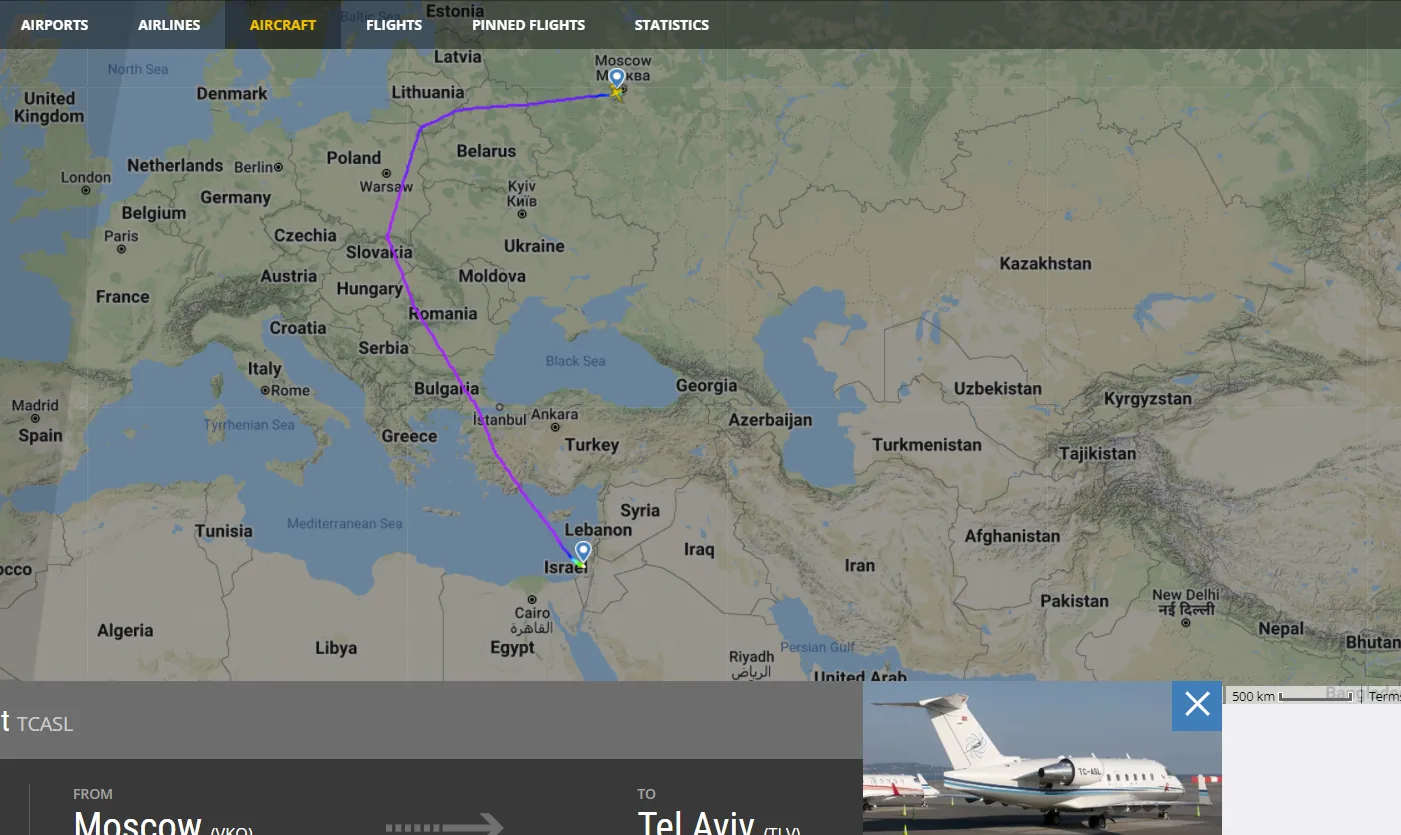
Could Israel and Turkey hold the key to an Ukrainian-Russia peace deal
Mar 06, 2022

Israel and Turkey, both influential players in regional and global politics, may play a crucial role in mediating a peace deal between Ukraine and Russia. Israel's strategic relationships with both nations and its experience in conflict resolution could facilitate dialogue. Meanwhile, Turkey's unique position as a NATO member with historical ties to Ukraine and Russia allows it to act as a neutral intermediary. Their collaboration might help address key issues, promote stability, and foster a diplomatic resolution, ultimately contributing to a sustainable peace in the region. This potential partnership highlights the importance of international diplomacy in resolving conflicts.
The ongoing conflict between Ukraine and Russia has drawn the attention of various global players, each attempting to mediate and facilitate a peaceful resolution. Among these nations, "Israel" and "Turkey" have emerged as significant actors in the geopolitical landscape. Their unique positions and relationships with both Ukraine and Russia may hold the key to unlocking a sustainable peace deal. This article explores how the diplomatic ties and strategic interests of Israel and Turkey can be instrumental in fostering dialogue and negotiation between the warring parties.
Turkey's Role in the Conflict
Turkey has maintained a delicate balance in its relationships with both Ukraine and Russia. Historically, Turkey has supported Ukraine's sovereignty, particularly in the wake of Russia's annexation of Crimea in 2014. The "Turkish government" has provided military support to Ukraine, exemplified by the sale of "Bayraktar drones", which played a crucial role in Ukraine's defense strategy.
Conversely, Turkey also shares significant economic ties with Russia, particularly in energy. In 2021, Turkey and Russia agreed to enhance their cooperation in various sectors, including trade and military. This dual relationship enables Turkey to act as a mediator, leveraging its connections with both nations to initiate dialogues and promote peace talks.
Israel's Strategic Interests
Israel, while geographically distant, plays a pivotal role in the Ukrainian-Russian conflict. The country has maintained a neutral stance, providing humanitarian assistance to Ukraine without overtly antagonizing Russia. This careful diplomacy allows Israel to engage with both sides effectively. Israel's relationship with Russia is particularly important due to Russia's influence in Syria, where Israel conducts operations against Iranian entrenchment.
Moreover, Israel has historical ties with Ukraine, including a significant Ukrainian-Jewish community. This connection enhances Israel's credibility as a potential mediator. By offering a neutral platform for discussions, Israel could facilitate negotiations that might otherwise be difficult due to the high tensions between Ukraine and Russia.
Potential Pathways to Peace
The involvement of Israel and Turkey could provide several pathways to achieving a Ukrainian-Russian peace deal. One potential approach is through a "multilateral negotiation format" where both countries act as guarantors. This could help build trust between the conflicting parties and provide a framework for discussing contentious issues.
| Potential Mediation Strategies | Advantages | Challenges |
|---|---|---|
| Multilateral Negotiation Format | Increased trust; diverse perspectives | Complexity of coordination |
| Joint Humanitarian Initiatives | Builds goodwill; shared objectives | Requires cooperation from both sides |
| Economic Incentives | Encourages compromise; mutual benefits | Potential resistance to concessions |
Challenges in Mediation
Despite the potential for Israel and Turkey to play a crucial role in peace negotiations, several challenges remain. Mistrust between Ukraine and Russia is deeply rooted, and any mediation efforts must address the core grievances that led to the conflict. Additionally, both Israel and Turkey must navigate their own domestic political landscapes, which may influence their approach to mediation.
Moreover, external pressures from other global powers can complicate the situation. The involvement of the "United States" and "European Union" may introduce competing interests that could undermine the mediation efforts of Israel and Turkey. Therefore, it is essential for these nations to coordinate their diplomatic strategies with other stakeholders to create a unified front for peace.
Conclusion: The Path Forward
As the Ukraine-Russia conflict continues, the possibility of a "peace deal" remains elusive. However, with their unique diplomatic positions, Israel and Turkey could provide the necessary framework for dialogue. By leveraging their relationships and acting as neutral mediators, these nations may help bridge the gap between Ukraine and Russia, paving the way for a sustainable resolution.
Ultimately, the success of any peace initiative will depend on the willingness of both parties to engage in constructive dialogue. With the backing of Israel and Turkey, there is hope that a path to peace can be forged, bringing an end to the suffering experienced by countless individuals caught in this protracted conflict.
Related Articles

Explore Thailand: The Best Islands to Visit for Paradise, Adventure, and Relaxation

The Ultimate Guide to the Best Islands in Thailand for Your Next Getaway

Do babies need passports? How to get a passport for a newborn

How to get a U.S. passport fast: here’s how to expedite the process

What is Mobile Passport Control: 5 reasons why you should use it

SENTRI vs. Global Entry: A detailed guide

Do you need a passport to go to the Bahamas? Let’s find out

Do you need a passport to go to Mexico? A detailed guide

Do you need a passport to go to Canada? We got the answer

Do You Need a Passport for a Cruise: An Essential Travel Guide

Booster Seat Requirements: All the Rules to Follow in Your Rental Car

What Are the World’s Most Powerful Passports, and How Does Yours Rank?

How to Take a Passport Photo at Home: A Helpful Guide

You've got to have heart! Southwest's new livery

Your opinion: Should water be free on low cost carriers?

Young women bolder than guys as solo travellers
